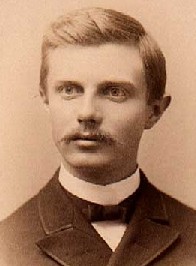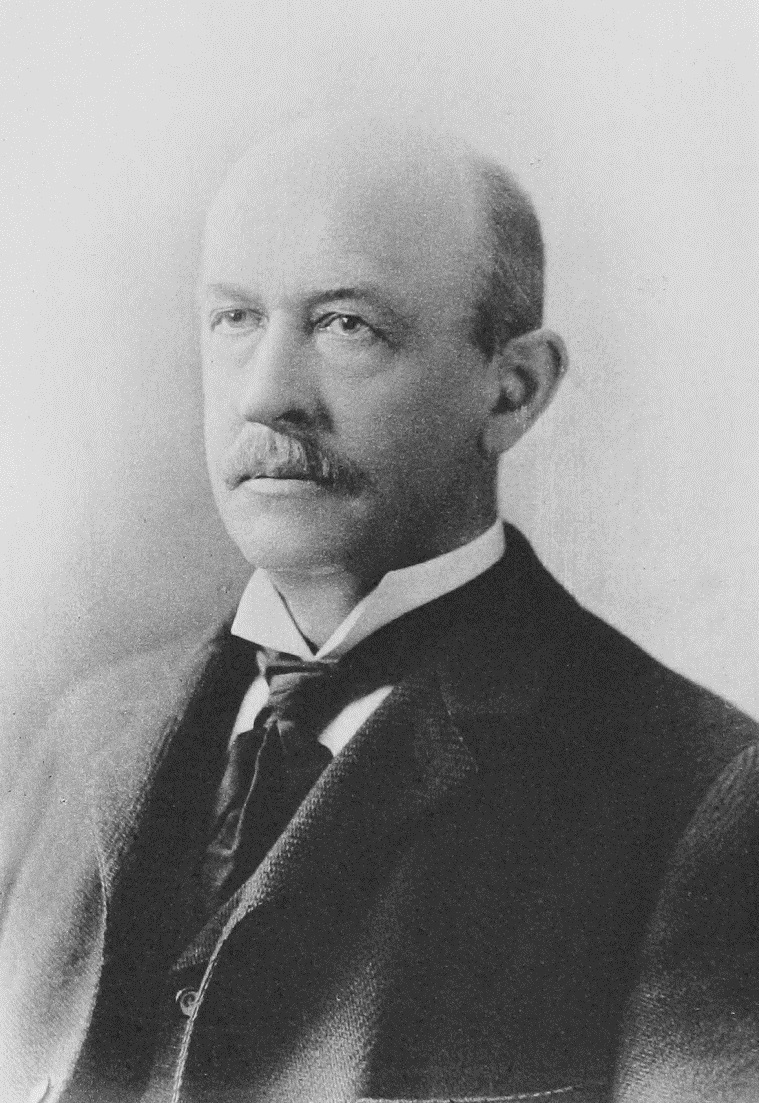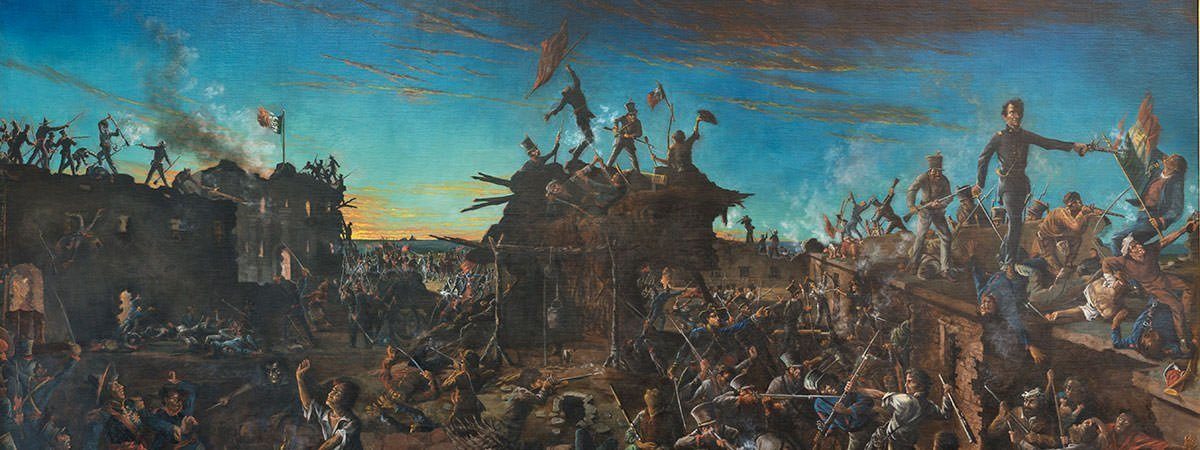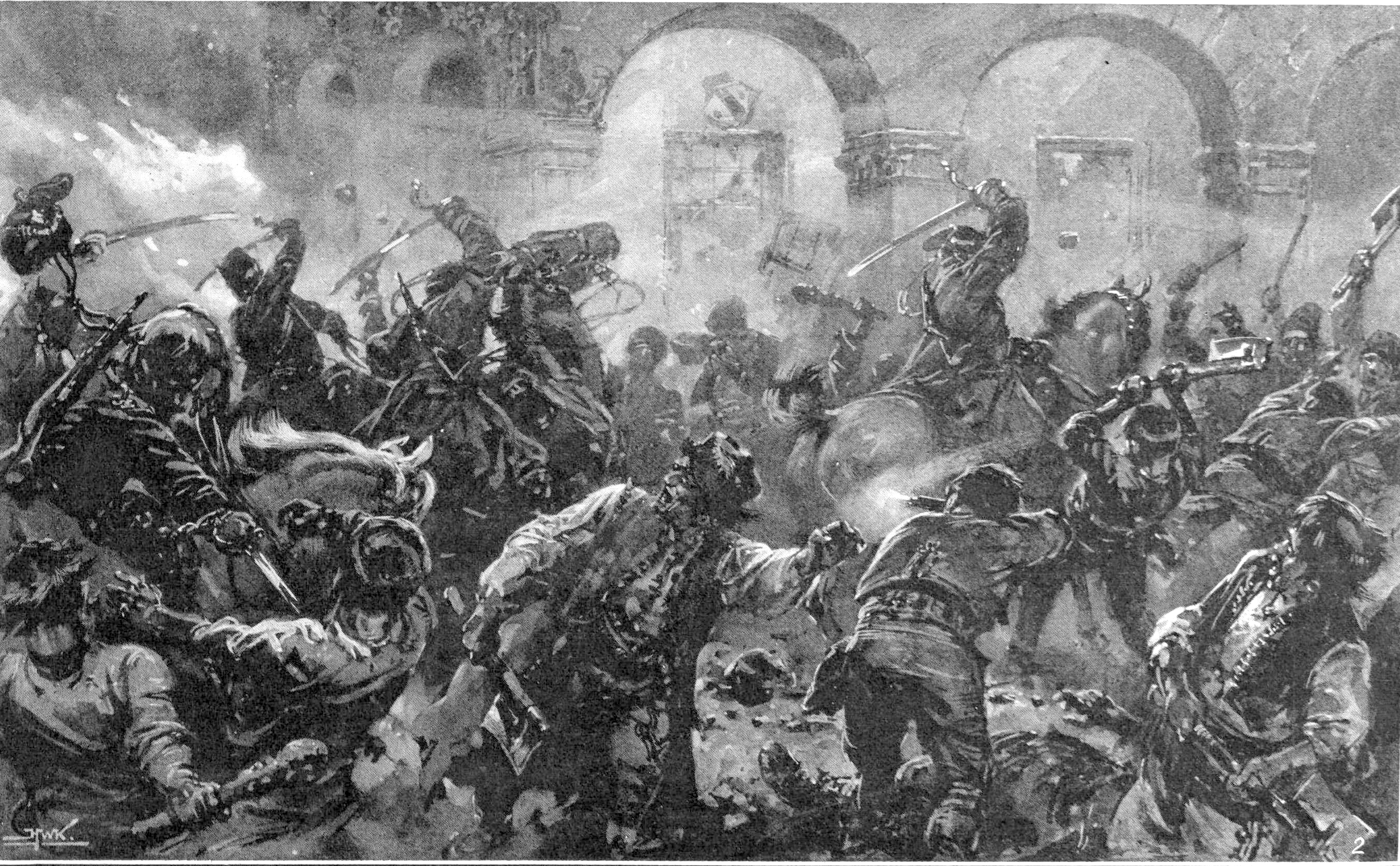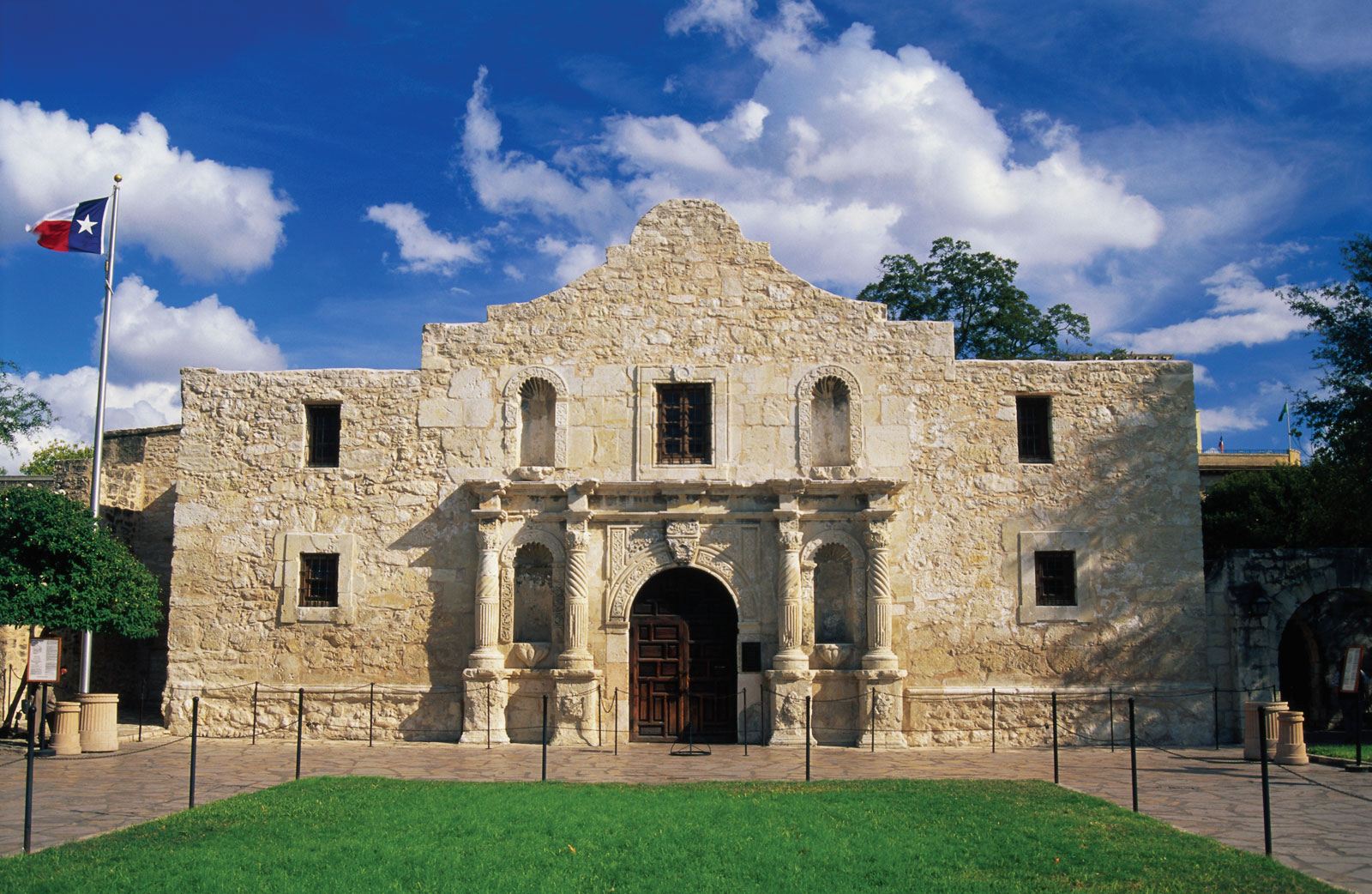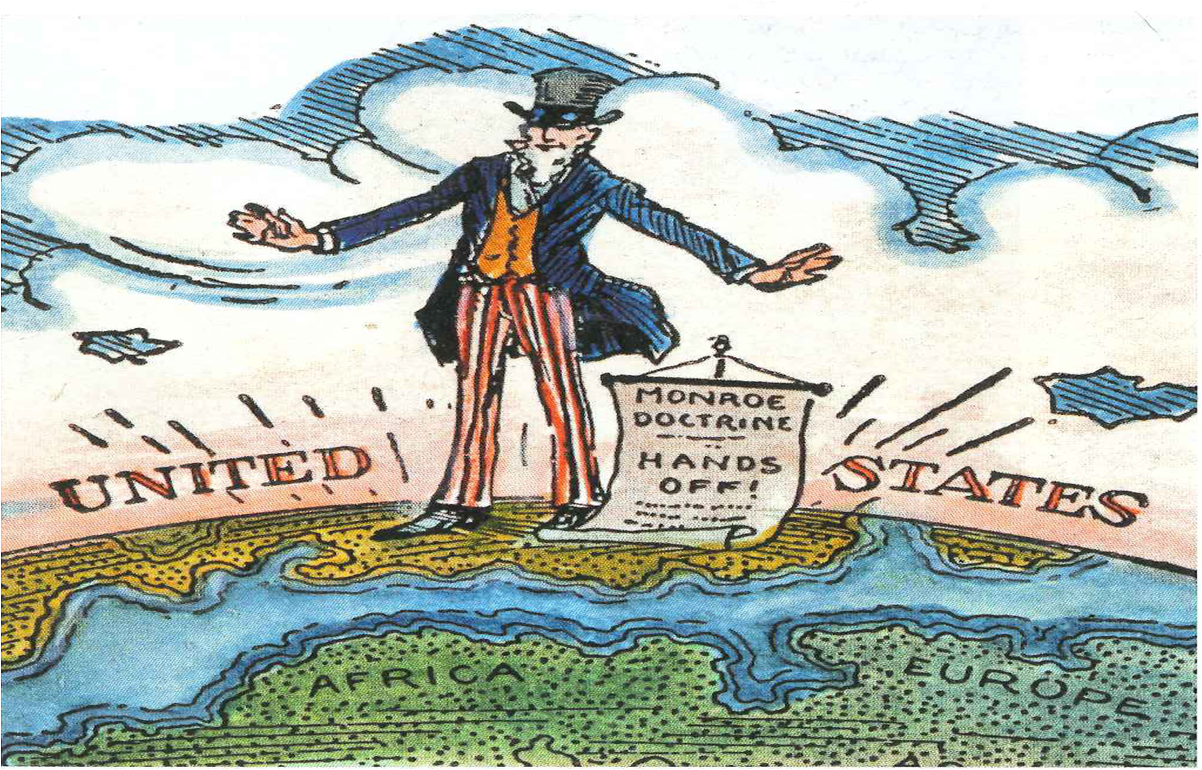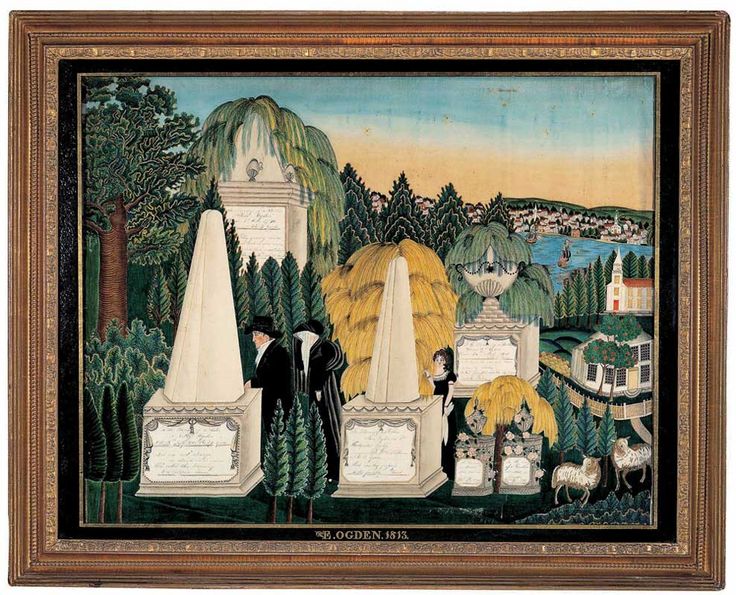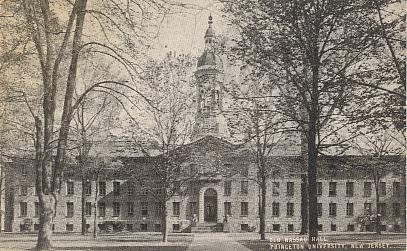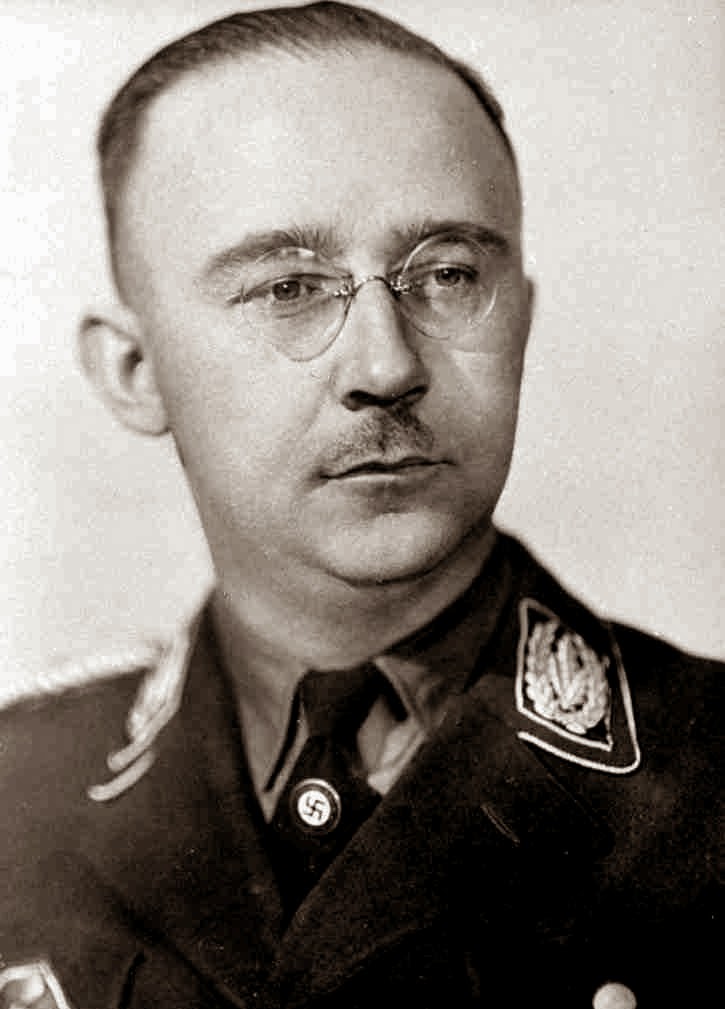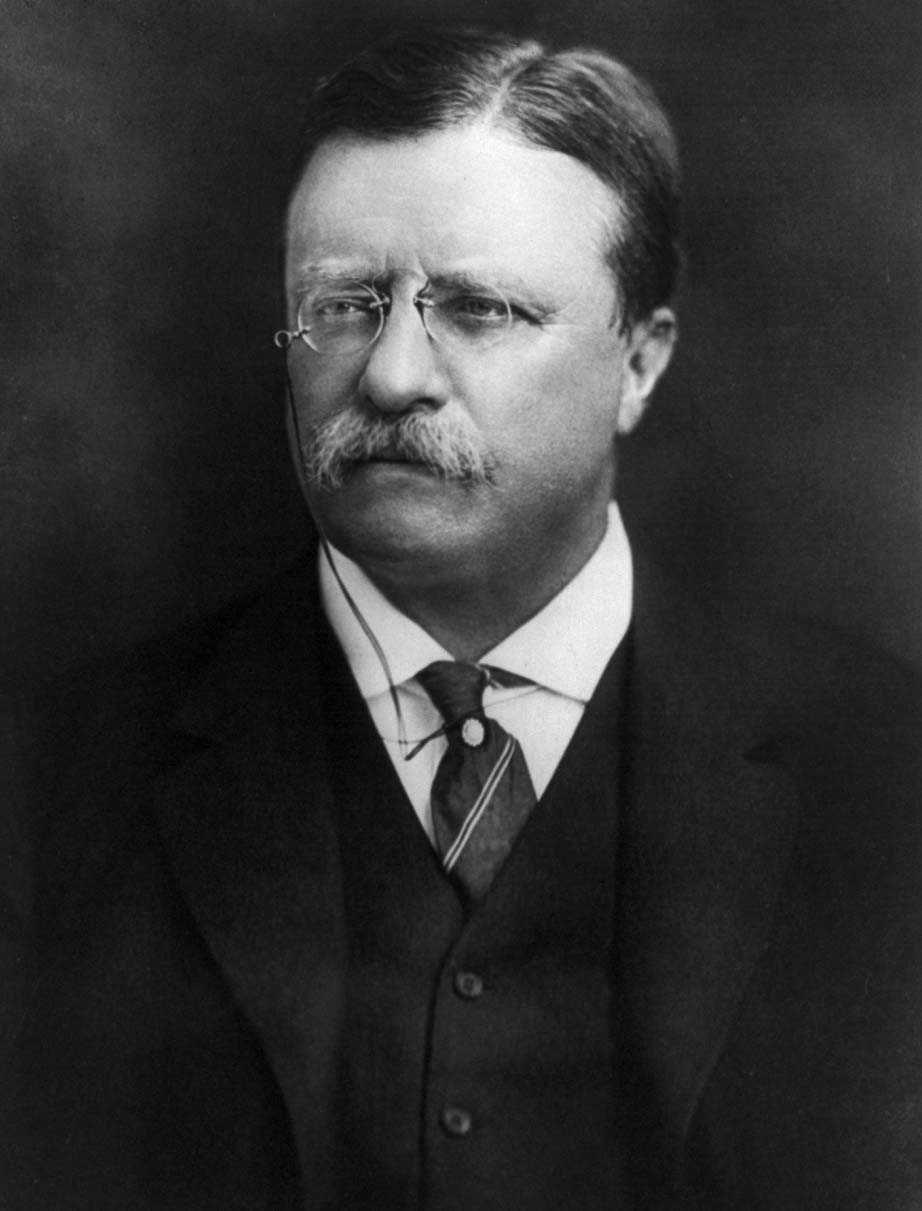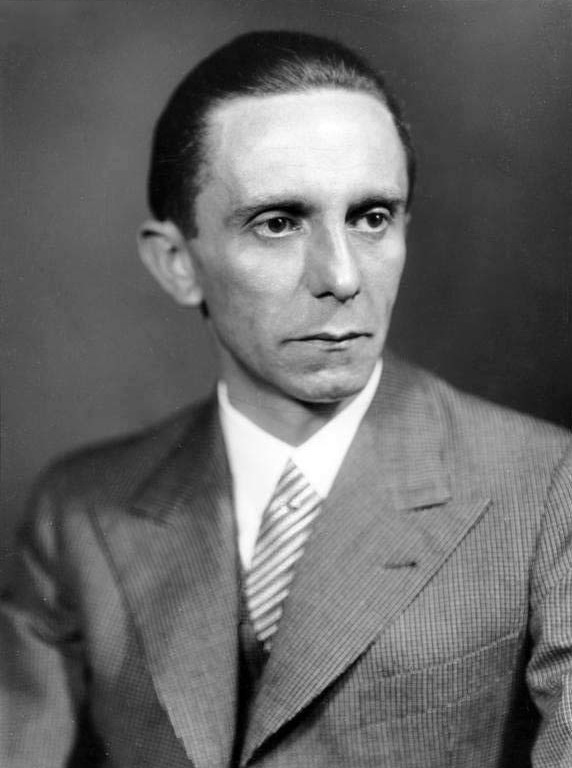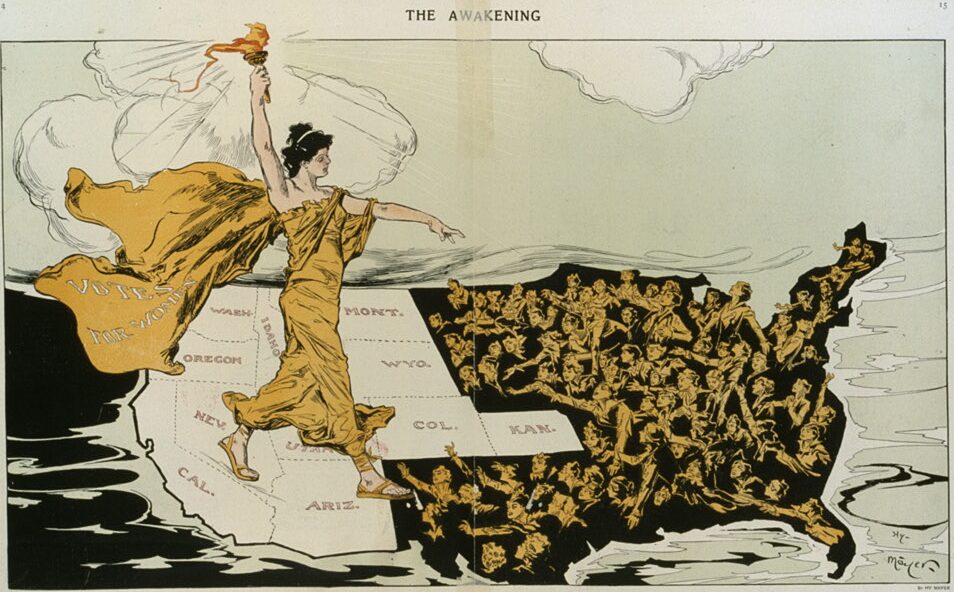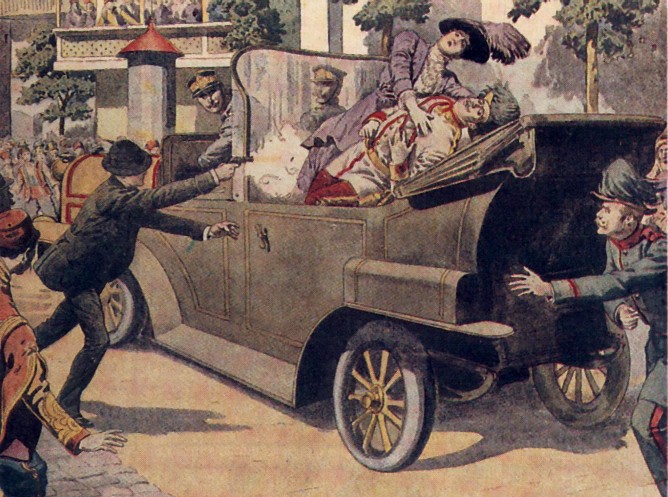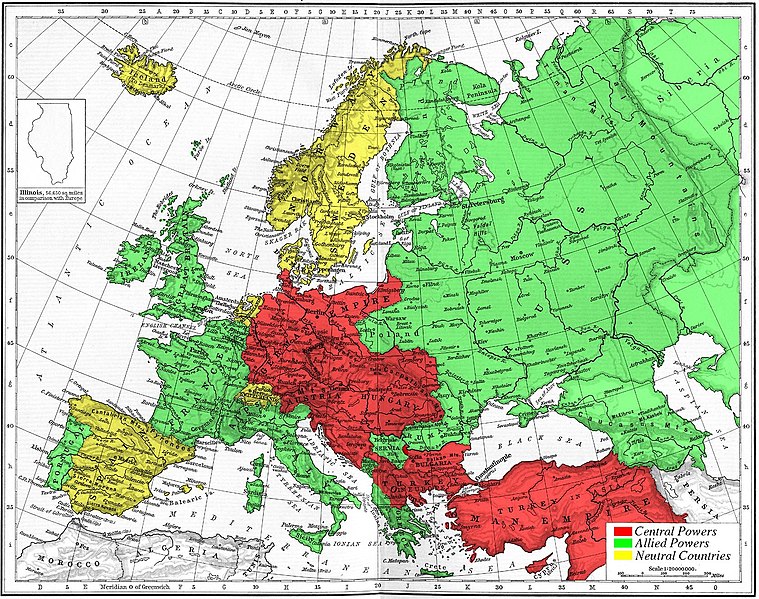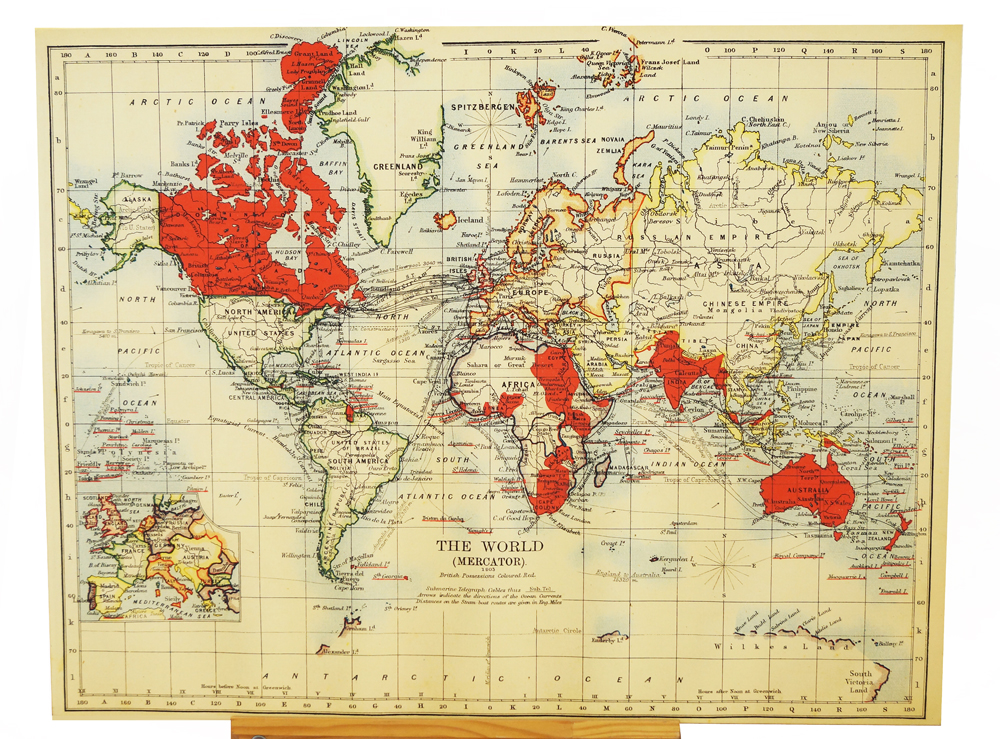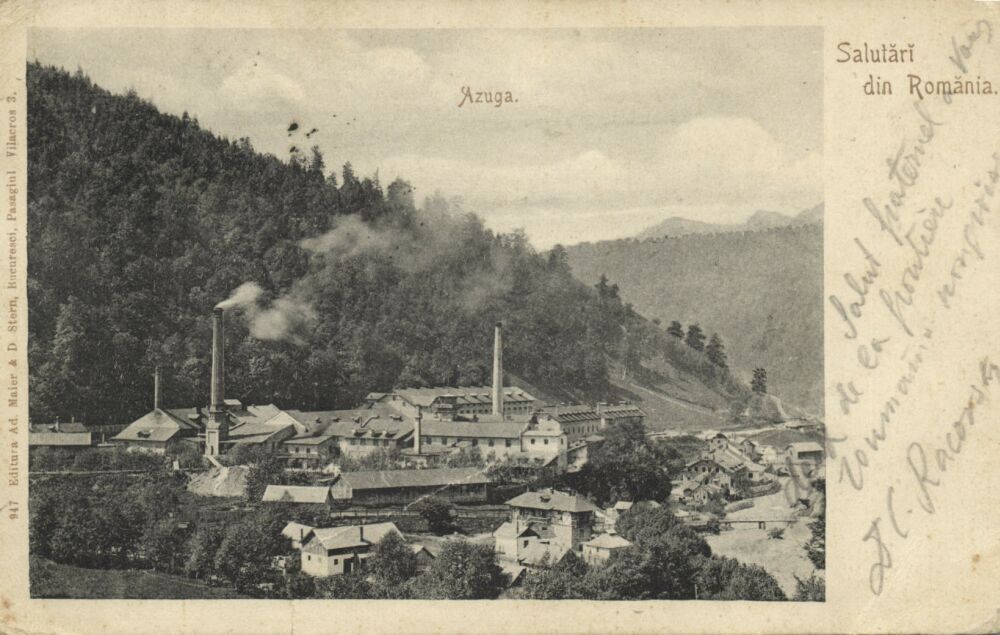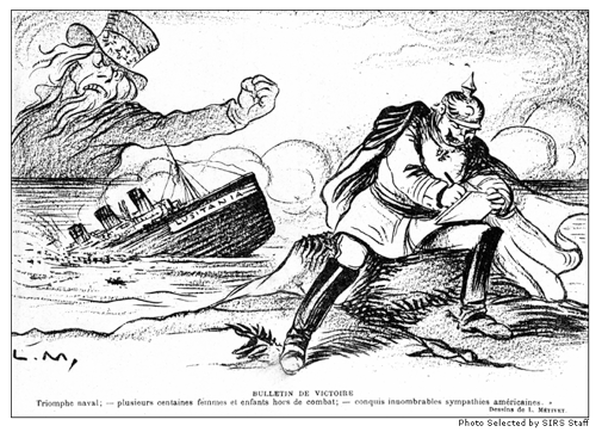August 18, 1912:
(The New Jersey State House in modern times. Some historians, such as David McCullough, refer to it as "the scene of the crime".)
Hitler could not be happier. Here he was, just one out of many graduate students, being invited to meet the Democratic Presidential candidate, Governor of the state and former President of the University, Dr. Woodrow Wilson. He felt like Dorothy and the crew visiting the Doctor (Hitler's favorite fiction book was the Wizard of Oz), enchanted by the golden journey he felt in every step he took up the Governor's mansion, enthused to hear what the Wizard would offer.
Reaching the grand entrance of the New Jersey state house, Hitler hesitantly knocked. After just a moment's wait, a bureaucrat, around the age of 54, opened the door with the vigor of a sloth. He stared straight into the eyes of the graduate student, wondering whether he was genuine or whether his employer was merely mocking him for the nth time. With a slight croak in his voice, he asked:
"11:00 o'clock, Mister Hitler, is that correct?"
With a wide grin and avaricious eyes, Adolph feverishly responded, "Yes".
Dr. Wilson was violently tapping his fingers on his desk. Just the other day Professor Turner excited the Governor about his latest pupil, and Wilson wanted to participate in the development of the talented youngster. Wilson's last words to Turner were "He better not disappoint".
"The meeting between the young Adolph and Governor Wilson dramatically changed Hitler's perspective. Coming into the New Jersey state house was a bigot, coming out was a racial demagogue in the making." -
Adolph Hitler: An Impactful Legacy, by David McCullough, American Historian and author.
With a mix of boredom and amusement, the bureaucrat informed Hitler of the frustrations of majority of guests at the State House. "Many guests who come for important business get lost without the counsel and direction of a veteran employee." Adolph chuckled, and during his presidency noted "that while the radio and the automobile greatly altered the nation's attitude at large, the bureaucrat's indecisiveness and lack of vigor has maintained in full force."
Finally reaching his destination, Adolph gazed at the golden plaque with great awe. "Governor Woodrow Wilson, PhD" Hitler with utter deference (but utterly failed to understand the snobbery, much to his benefit). Adolph examined the golden knob (he didn't just call Wilson his golden ticket for his great help), and with sweaty palms and an ambitious drive, opened the door slowly.
"Welcome Adolph, I have been expecting you".
A rush of excitement almost overtook the Ivy League student, yet Adolph realized that the admiration in the relationship at this point was one sided.
"Thank you so much for inviting me Governor Wilson."
"Mister Hitler, do you drink tea?"
"Not an enthusiast, no, but I can certainly drink some today."
"Ah yes. The German is known for his fondness of Liquor."
An awkward silence ensued for a few seconds, ending with Hitler's determination to fulfill his ambitions.
"Governor Wilson, what is the topic you wished to discuss with me at this hour?".
"Oh yes. Good question. I wanted to first inform you that I wished to mentor you, alongside with Professor Turner. He has told me wonderful tales of your proper temperament and passion for knowledge."
Hitler gulped, flustered by his mentor's ravishing compliments he bestowed upon the Governor. "Thank you for the kind words, Governor."
"No worries mister Hitler. Your polite demeanor and punctuality have already greatly impressed me. I generally don't like Germans, but you are quite the exception."
"Are your receiving me with affirmation due to the culturally anglo traits I exhibit? I am certainly not an Englishmen but I feel that being born in the United States gravitates me much closer to the Anglo-Saxon who has become an American through the frontier than the German who flaunts his Teutonic heritage in the mountains of Silesia."
Wilson's jaw dropped as large as his stoic face could possibly render. Not only did the young history student before him demonstrate an impressive knowledge of different cultures around the globe, but also ever so skillfully described one of the essential results that the frontier thesis proposed. "Professor Turner certainly molded his talent well" the Governor thought to himself.
"You demonstrate an incredible understanding of the basis of nations at such a young age. I see great potential in you."
"Thank you for those kind words, Governor. Adolph was greatly touched by his superior's complimenting words.
"Mister Hitler, what are your thoughts on race"
"I am not knowledgeable of the subject. In Texas where I'm from there is much discussion of race, however not so much from the German dominated region I am from."
"And where would that be?"
"Texas Hill Country."
"Well, mister Hitler. I am an expert on the issue of race. What if I told you that there is undisputable* evidence that the different races are not only biologically separate, but also greatly differ in intelligence?"
"While the few Negroes* I have witnessed have not displayed large quantities of intelligence, I did not presume that this was a reflection on the whole race. Certainly there is a ratio amongst the white race in terms of degrees of intelligence."
With a slight yet noticeably wicked smile, Wilson, with a certain despicable jest, responded with, "What is Europe known for?".
After giving the question a few seconds of deep though, Adolph responded, "Knights and castles, mountains and plains, towns and cities, and Christianity".
"And Africa?"
"Primitive tribes and pagan faiths."
"You mean savages living in mud huts."
The bluntness of the otherwise sophisticated Wilson rattled Adolph's mind. Hitler realized that these views were held in high esteem by the Governor, and as a revered intellectual from Princeton, Adolph assumed that these views were right. After another hour of deep discussion with the Governor, Hitler packed his bag, thanked his new mentor, and was about to leave the room, when Wilson abruptly asked him, "Mister Hitler, I have been wondering about something for the past few months".
"What is it, Governor?"
"I was wondering that if, I become president, and if a great issue comes in my way, whether I should follow my intuition or not. Whether I implement my ideals or not".
"Well sir, since in our wonderful and invigorating discussion you have appeared to me as a man of great intelligence and virtue, I see no reason for you to implement the policies you personally favor".
"Thank you, mister Hitler. And one more thing."
"Yes, Governor?"
"It's about that. You can call me sir, as you address Dr. Turner."
Adolph smiled, beaming with happiness. Having just lost a dear mentor two years prior, Hitler cherished having another intellectual father figure.
"I shall see you relatively often, whether I am bestowed the highest office in the land or not."
"Thank you sir".
Wilson gave a little smile, one which would send slight shivers across Hitler's spine had it not been for the tremendous respect he recently garnered for him. With that, Hitler opened the golden knob, closed the door, and left the building.
While smiling, Wilson thought to himself, "I have found the future champion of the cause"
"I am wholly convinced that the Negro is a tremendous threat to the white civilization in the North American continent. Not only is he low in intelligence, but he is also vicious and savage, just like the Indian. Unlike the Indian however, he has not been subjugated, and has only been recently empowered by rabid intellectuals in certain cabals. Race is a primary and defining factor of what an American is, as proven from Wounded Knee to the massive failure known as Reconstruction" - Academic paper published by Adolph Hitler, 1925.
"During the era of President Hitler, black folk were lynched, robbed of their dignity repeatedly, and utterly marginalized from the mainstream. Yet, with discipline and dignity, black folk responded with a smile and peacefully protested against the grave injustices during Hitler's reign. It wasn't the first time black folk had gone through serious injustice, and it wouldn't be the last. Yet, as proven yet again under the Hitler era, black folk overcome the attempts to rob their human dignity as no one can deny the holy rights bestowed upon by our creator." - Medgar Evers, renowned civil rights activist, nobel peace prize laureate and State Senator of Mississippi (1999-2009).

"Woodrow Wilson was one of Hitler's three main mentors during his intellectual upbringing.
He was critical to the development of the racial tenets of Hitlerism, and is seen by historians
as the most negative influence of the three mentors. While his presidency itself was of enormous
historical significance, many historians regard his influence on the even more impactful presidency of
Adolph Hitler as his most important contribution to the annals of History" - The Great Men of American History, by Eric Foner, American Historian and author.
Following the Monarch:
Heinrich Himmler, born in1900 to a Conservative Catholic family in Munich, was named after his godfather, Prince Heinrich of Bavaria, the pupil of Himmler's father Gebhard. With constant visits from his godfather, Heinrich adopted his father's love of royalty and authority at a young age. He had many impactful experiences with this godfather growing up, but one was of particularly importance:
"As a young school boy attending a prestigious grammar school my father was deputy principal, I felt the need to prove myself academically constantly. As a shy boy who greatly lacked in athletics, I was a constant victim of bullying, and thus my confidence shrank and shrank. I could not fight for myself, but could only cry once I came back home, much to my father's dismay.
One day, during the September of 1912, the bullying miraculously stopped. Ludwig and Adolf, my greatest tormentors, had barely given me a notice. In fact, I remember my zip was not pulled up, but I only discovered this on my own when I stared at the ground.
Once break was commenced, I was summoned to my father's room in the deputy principal's office. Standing there was my Godfather, Prince Heinrich. I darted to my Godfather with glee, asking him frantically "Godfather, Godfather why are you here!". He replied "Because young Heinrich, I had summoned the parents of your bullies and had a candid conversation with them". At home, my father explained to me that it was due to the power and prestige of Prince Heinrich's royal authority that my tormentors ceased bullying me. And from that day onward, I had learned a valuable lesson: always
befriend the powerful, as that is my path to power and prestige" - The Diary of Heinrich Himmler
(Known as "the Shadow of the German right", Heinrich Himmler was one of the most impactful politicians in Weimar Germany. His skills in political organization were as essential for the DNVP to blossom into a nationwide party as was Goebbels rhetoric, Hugenburg's wealth and connections, and Ludendorff's image.)
Key notes:
1) The theories of racial superiority and a racial gap in intelligence have not only been absolutely debunked today, even during the time of Wilson the evidence was not accurate and only managed to flourish due to the dominance of racism in academia. As a member of said racist academia, Wilson believed in the accuracy of said racial theories, and that is why he called them "undisputable". While sadly endorsed at the time, such ideas are rightfully pushed into the retarded margins of hate. Hating people on the basis of race is both evil and stupid.
2) Racist language in this TL is only used for the context of the era and also to emphasize the importance of race and racism in this TL. Just as racist viewpoints will be present in this TL, so will righteous viewpoints of Walter Francis White, W.E.B. Dubois and later in the TL Medgar Evers (as mentioned earlier).





